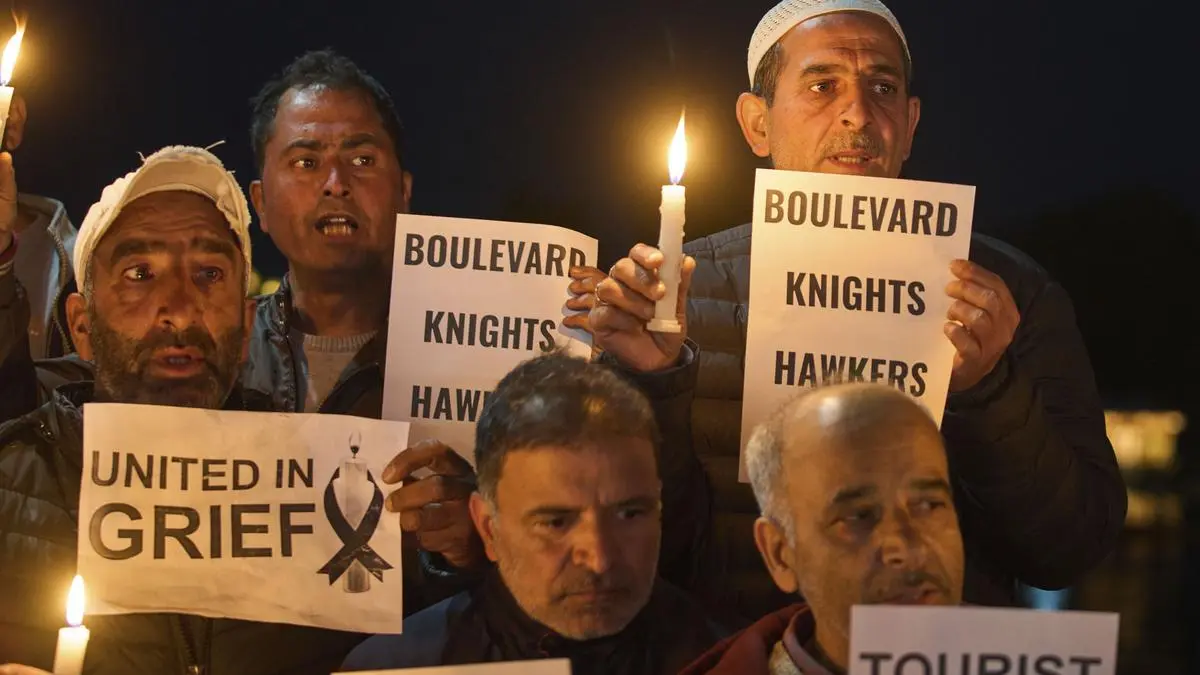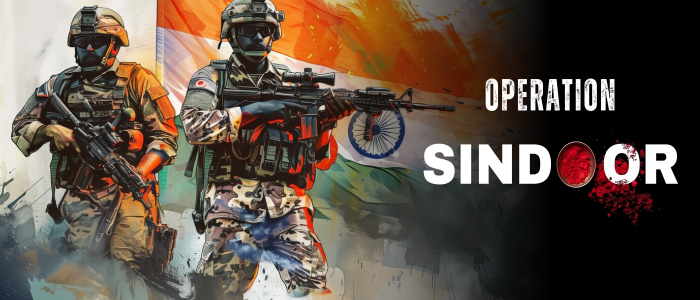So predictably, the audit of Kashmiri humanity is in full swing. Now Kashmiris must perform a certain kind of humanness to be certified as full beings with agency and history, with grievance and politics, hearts and souls. Not only must they feel grief, they must also declare it in bold terms, avow it and placard it, which, I suppose, would be alright, a perfectly legitimate expression of solidarity with the kin of the slain from a long-suffering people—grief is grief, after all—if the attached expectation didn’t imply that they must refrain from remembering or reminding others of their own limitless trauma and suffering and silencing.
Since this has happened in your pretty meadow, you must show full and unconditional remorse, forget that we control the meadow, the valley, its boroughs and borders, its veins and arteries, and sit at its very heart with all our might. You must also go along with the pretence that all is normal in the valley since it was spruced up and decorated with new flowers. You must not hint at the corpses buried underneath the tulips, for all’s well now.

Look how beautiful the river is, the lake shimmering under the picturesque shikaras, Shammi Kapoor still echoing from somewhere along the ride. In attendance is also a fetishisation of the kind and hospitable Kashmiri, the ‘Kashmiriyat’ carrying mascot, who must remain as a docile prop to the main narrative. We will grieve the deaths of Pahalgam together, so long as you don’t bring up your own dead.
Plus, a full-scale decontextualisation, a brazen dehistorisation of the age-old Kashmiri condition—only address the rupture in the normalcy picture: it was going fine in paradise until your bad guys showed up and ruined it all. You must not mention the long history of massacres and mass graves, rapes and torture, incarceration and illegal detention and plunder, because if you do, you’re somehow justifying the killings in Pahalgam. You must condemn, condemn and condemn without ever bringing up your own dead.
I grieve for all those killed in the highlands of Baisaran; I can feel the deep sorrow of their kin. I know how heavy the clear air in Pahalgam must be—I lived there as a child once; it is a life-affirming idyll like no other—and I will always remember the corpses on the green meadow. The question is, do you remember any of the 75,000 dead Kashmiris about whom, we are told, we must remain silent and never sing of them again? Mirza Waheed is a Kashmiri-British novelist, essayist, and journalist, widely recognised for his literary works centered on the Kashmir conflict and its impact on ordinary lives.
Featured Comment CONTRIBUTE YOUR COMMENTS SHARE THIS STORY Copy link Email Facebook Twitter Telegram LinkedIn WhatsApp Reddit.
Politics

In Kashmir, even sorrow must pass a loyalty test

Kashmiris must mourn on cue, stay silent on their own dead, and pretend the valley’s beauty isn’t built over graves.















